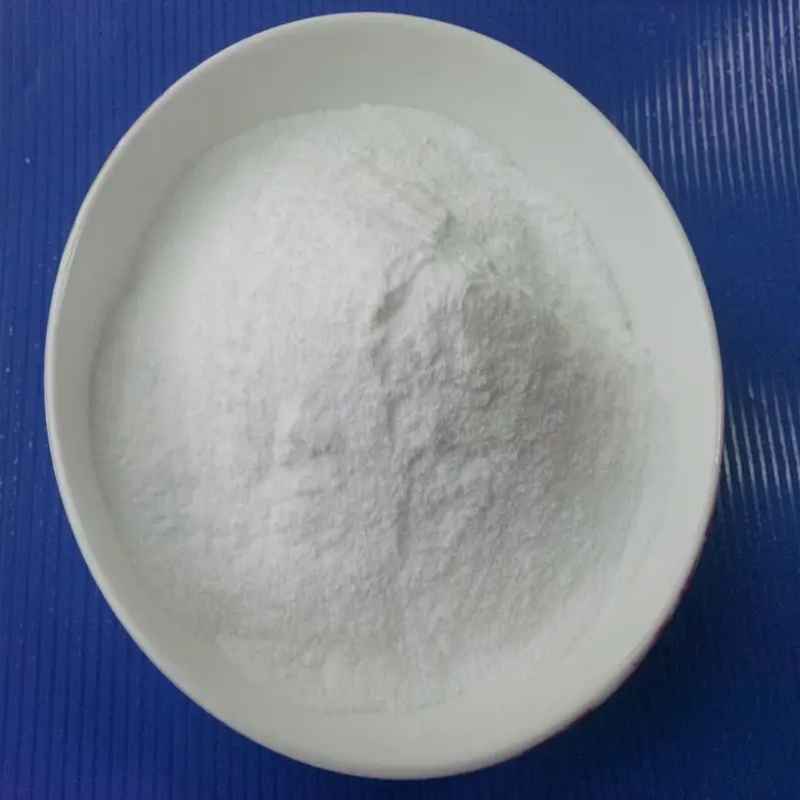-
Categories
-
Pharmaceutical Intermediates
-
Active Pharmaceutical Ingredients
-
Food Additives
- Industrial Coatings
- Agrochemicals
- Dyes and Pigments
- Surfactant
- Flavors and Fragrances
- Chemical Reagents
- Catalyst and Auxiliary
- Natural Products
- Inorganic Chemistry
-
Organic Chemistry
-
Biochemical Engineering
- Analytical Chemistry
- Cosmetic Ingredient
-
Pharmaceutical Intermediates
Promotion
ECHEMI Mall
Wholesale
Weekly Price
Exhibition
News
-
Trade Service
29, 2020 /PRNewswire/ -- researchers at the Washington University School of Medicine in St. Louis, ---, have developed a technique that detects trace protein fragments associated with Alzheimer's disease in the blood.
study, to be published July 28 in the journal JEM, shows that p-tau-217 levels rise in the early stages of Alzheimer's disease.
Alzheimer's disease is characterized by the presence of plaques in the brain from proteins called amyloid beta, and aggregates of proteins called tau, which form neurogenal fibrosis in neurons in Alzheimer's patients.
amyloid beta and tau began to change years before any cognitive symptoms, such as memory loss and mental disorder, became apparent, but the only way to detect them was to use a positron emission tomography (PET) scan to visualize the brain or spinal cord click to measure levels of change in amyloid and beta in the cerebrospinal fluid. For more than
years, researchers have been trying to develop blood tests to detect Alzheimer's disease before symptoms occur, while being cheaper and less invasive than PET scans and spinal cord taps.
(photo: www.pixabay.com) Randall Bateman, Nicolas Barth?lemy and colleagues at the University of Washington University School of Medicine in St. Louis have previously found that modified fragments called t-tau-217 accumulate in the cerebrospinal fluid of Alzheimer's patients before the onset of cognitive symptoms, increase with disease progression, and accurately predict the formation of amyloid plaques.
researchers suspect that p-tau-217 may also be present in the blood of Alzheimer's patients, although its levels are so low that they are difficult to detect. "we therefore want to quantify the levels of different tau proteins in the blood, especially p-tau-217, and compare them with amyloid pathology and the incidence of dementia to assess their potential as a biomarker of blood-based Alzheimer's disease," Bateman said.
Barth?lemy and colleagues at Batman's lab developed a mass spectrometry-based method that measures the amount of p-tau-217 and other tau fragments in blood as low as 4 milliliters.
"As far as we know, this is the lowest concentration of protein markers in mass spectrometry in human plasma," said Barth?lemy, an assistant professor at Bateman's lab.
researchers found that, similar to p-tau-217 levels in cerebrospinal fluid, levels of p-tau-217 in the blood of healthy volunteers were extremely low, but those with amyloid plaques increased in blood, even those who had not yet developed cognitive symptoms.
.
measuring plasma levels of p-tau-217 accurately predicts the presence of amyloid plaques in PET scans, performing better than another tau fragment p-tau-181, which has been proposed as a biomarker for Alzheimer's disease. "Our findings support the idea that the tau subtype in the blood may be useful in detecting and diagnosing the pathology of Alzheimer's disease," said
Bateman. "
In addition, our measurement of plasma tau levels can be used as a highly sensitive screening tool to identify tau changes associated with amyloid plaque formation in normal subjects, thereby replacing expensive PET imaging."
" (Bioon.com) Source: Researchers make the great step as the original source of the test for Thesofa: Barth?lemy et al., 2020. J. Exp. Med. rupress.org/jem/article-lookup ... 10.1084/jem.20200861.







